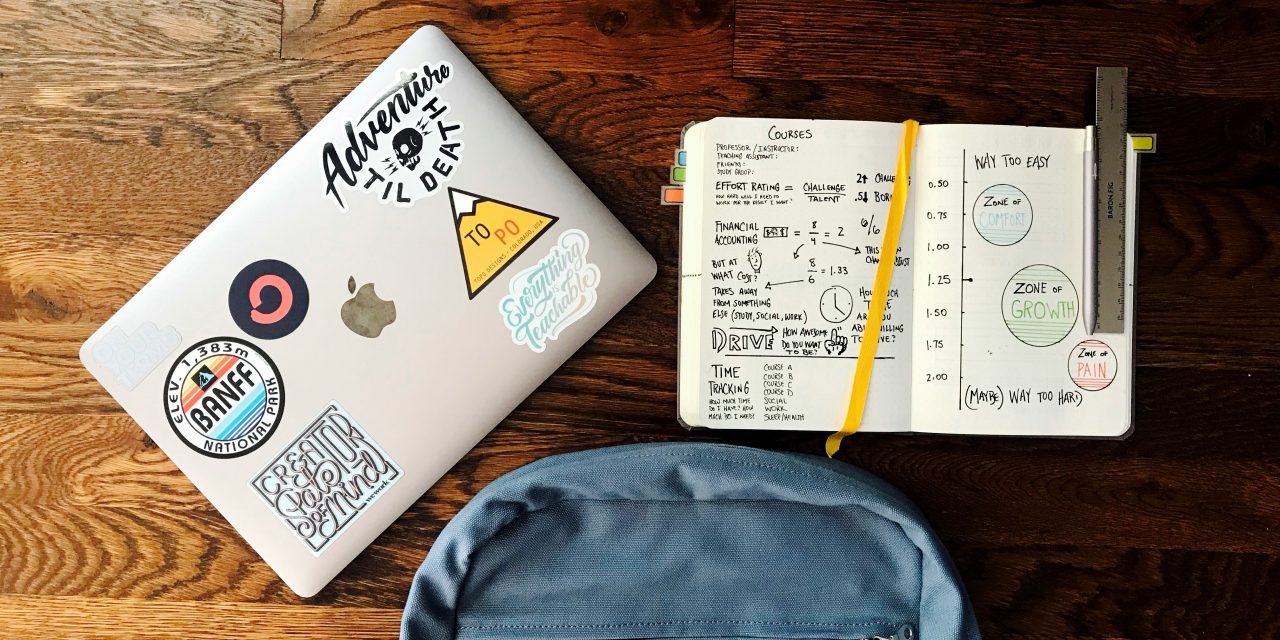Transitioning to college marks an exciting yet challenging phase for freshmen, particularly when it comes to tackling subjects like physics. As educators, preparing incoming freshmen for success in their college physics journey is crucial. Here’s a comprehensive guide on navigating the college-level physics environment and leveraging resources effectively.
Understanding College-Level Physics
College-level physics presents new challenges compared to high school, emphasizing conceptual depth, mathematical rigor, and practical applications:
- Conceptual Depth: Prepare for in-depth exploration of theories and applications beyond high school curriculum.
- Mathematical Rigor: Proficiency in calculus and algebra is essential for mastering advanced physics concepts.
- Laboratory Work: Hands-on experiments play a critical role in understanding theoretical concepts (note: while Key2PHYSICS focuses on virtual learning, physical lab experience is essential in college settings).
Tips from Key2PHYSICS
Key2PHYSICS offers tools tailored to enhance college physics learning:
- Interactive Lessons: Engage with interactive lessons to reinforce complex physics concepts effectively.
- Instant Feedback: Utilize instant grading to promptly address misconceptions and enhance learning outcomes.
- Question-Specific Hints: Provide targeted hints to guide students through challenging problems, fostering independent problem-solving skills.
Developing Effective Study Habits
Establishing robust study habits is pivotal for academic success in college physics:
- Regular Study Schedule: Allocate consistent time daily for focused physics study to maintain understanding and retention.
- Active Learning: Actively engage with course material through practice problems, discussions, and collaborative study sessions.
- Time Management: Balancing academic workload with extracurricular activities requires effective time management skills.
Leveraging Resources and Support Systems
Maximize available resources and support networks to aid comprehension and academic growth:
- Textbooks and Online Tools: Utilize comprehensive textbooks and online platforms to supplement classroom learning.
- Peer Support: Form study groups and collaborate with classmates to reinforce understanding and share insights.
- Instructor Accessibility: Attend office hours to seek guidance from professors and teaching assistants for personalized support.
Adapting to College Life
Beyond academics, adjusting to college life involves managing personal well-being and adapting to new challenges:
- Time Management: Prioritize tasks and assignments to maintain a balanced academic and social life.
- Self-Care: Ensure a healthy balance between academic commitments and personal well-being to sustain long-term success.
- Seeking Support: Don’t hesitate to seek assistance from academic advisors or counseling services when needed.
Embracing the College Physics Experience
Navigating college physics is a journey of exploration and growth:
- Stay Curious: Cultivate a sense of curiosity and enthusiasm for learning to deepen your understanding of physics concepts.
- Stay Resilient: Embrace challenges as opportunities for growth and persevere through setbacks.
- Enjoy the Journey: Appreciate the privilege of delving into the fascinating world of physics and embrace the learning journey ahead.
Key2PHYSICS Support
Explore the features and resources offered by Key2PHYSICS to enrich your college physics experience:
- Feature Highlight: Discover tools within Key2PHYSICS designed to enhance learning efficiency and comprehension.
- Professional Development: Engage in professional development opportunities to refine teaching strategies and enrich the classroom experience.
- Teaching Strategies: Implement innovative teaching approaches to create an engaging and supportive learning environment for students.
By equipping freshmen with these essential insights and leveraging the resources provided by Key2PHYSICS, educators can empower students to thrive in their college physics courses and beyond.

